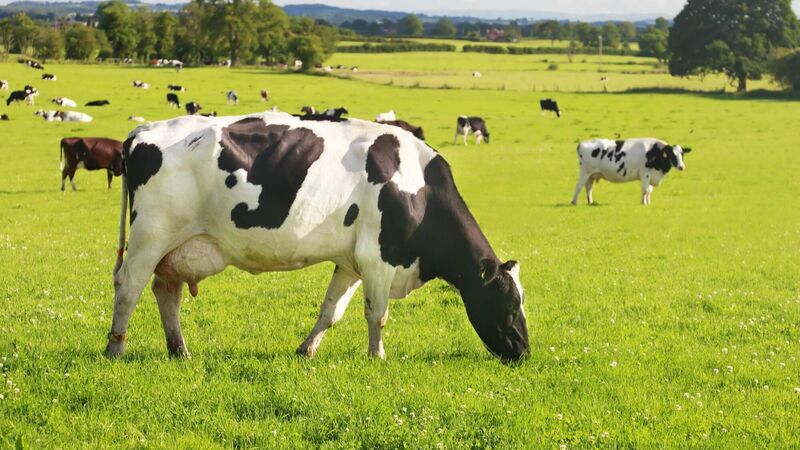Up to 30% cut in agricultural emissions expected

The carbon reduction target for agriculture is significantly lower than other sectors.
Try from €1.50 / week
SUBSCRIBEFarmers are expected to hear sector-specific targets for reductions in carbon emissions today in what is likely to become one of the most significant days in shaping the future direction of Irish agriculture.
The target is expected to have significant and long-lasting impacts on Irish farming, with the Irish Examiner understanding a cut of between 22% and 30% is planned by the Government.
Already a subscriber? Sign in
You have reached your article limit.
Annual €130 €80
Best value
Monthly €12€6 / month
Introductory offers for new customers. Annual billed once for first year. Renews at €130. Monthly initial discount (first 3 months) billed monthly, then €12 a month. Ts&Cs apply.
Newsletter
Keep up-to-date with all the latest developments in Farming with our weekly newsletter.
Newsletter
Keep up-to-date with all the latest developments in Farming with our weekly newsletter.
Newsletter
Sign up to the best reads of the week from irishexaminer.com selected just for you.
Newsletter
Keep up with stories of the day with our lunchtime news wrap and important breaking news alerts.
Saturday, February 7, 2026 - 9:00 PM
Saturday, February 7, 2026 - 9:00 PM
Saturday, February 7, 2026 - 11:00 PM
© Examiner Echo Group Limited